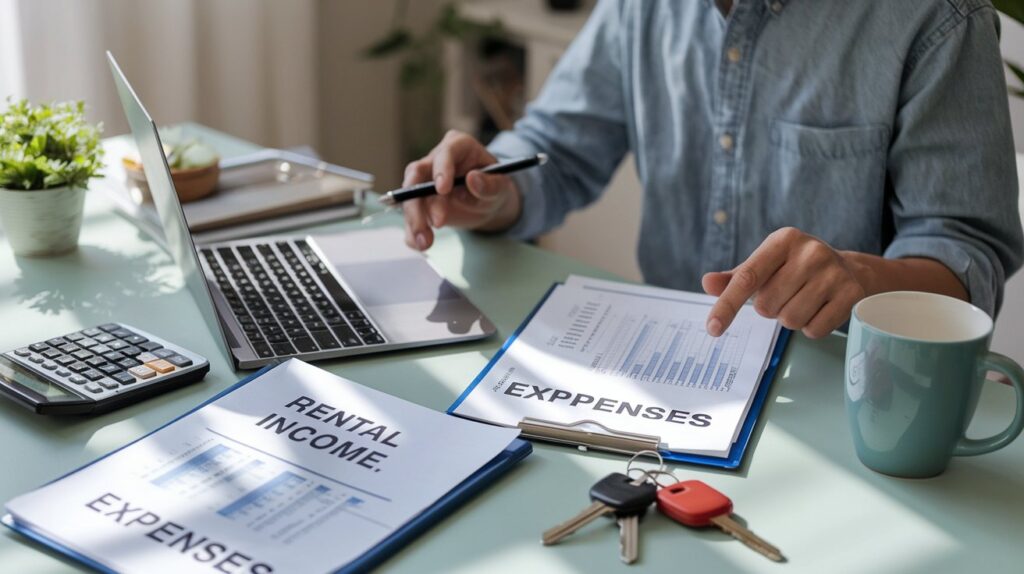Being a small landlord isn’t just about collecting rent, it’s about managing a business. And like any business, success hinges on smart financial decisions. Unfortunately, many landlords unknowingly make money mistakes that chip away at their profits or create long-term problems down the road.
Whether you’re renting out a single-family home or a few units in a duplex, avoiding these common financial pitfalls can mean the difference between a thriving investment and a stressful money drain. From retirement planning to property maintenance and legal oversight, here’s how to steer clear of costly landlord missteps.
Mistake #1: Ignoring Long-Term Financial Planning
One of the most overlooked financial errors small landlords make has nothing to do with the property-it’s not planning for their own future.
When you’re focused on mortgage payments, tenant turnover, and repair bills, saving for retirement can fall to the bottom of the list; but rental income won’t necessarily sustain you forever, especially if your properties aren’t fully paid off or if local regulations change your cash flow.
- What to do instead:
Start a Roth IRA or contribute to a 401(k) if you have one. A Roth IRA is particularly attractive for landlords because your investments grow tax-free, and withdrawals in retirement aren’t taxed either; even if real estate is your primary asset, diversifying with retirement savings can give you a buffer during economic downturns or unexpected vacancies.
Mistake #2: Letting Small Repairs Turn into Expensive Problems
Deferred maintenance is a silent profit killer. That small leak under the sink? It could become water damage and mold if ignored. Clogged gutters? They might cause foundation issues or roof damage. Skipping regular maintenance or failing to budget for repairs can create major financial setbacks.
- What to do instead:
Build a dedicated maintenance reserve. Experts recommend setting aside at least 1-3% of the property’s value annually for upkeep. Schedule seasonal inspections, even just a quick walk-through with a checklist, to catch minor issues before they spiral into expensive repairs.
Not only does this protect your investment, but it also keeps tenants happy and less likely to move out, saving you on turnover costs.
Mistake #3: Overlooking Tax-Smart Practices
Taxes are one area where landlords either win big or lose out. Many small landlords miss out on deductions, forget to log expenses, or don’t realize they need to keep detailed records for everything from paint purchases to mileage.
- What to do instead:
- Track every expense related to your rental, even small ones add up.
- Consider using bookkeeping software tailored for landlords.
- Don’t overlook depreciating assets (like appliances or roofing upgrades).
- If you’re unsure, a tax advisor familiar with rental real estate can help you structure your finances to minimize your tax bill.
Pro tip: If you’re contributing to a Roth IRA, those investments are made with after-tax dollars, so maximizing deductions elsewhere helps free up more money to invest.
Mistake #4: Skipping Legal and Paperwork Details
You might not need a full legal team, but ignoring the legal side of landlording can become costly fast. This includes everything from outdated lease agreements to neglecting required local disclosures or failing to update insurance coverage as your property changes.
- What to do instead:
- Regularly review and update your lease agreement, especially if laws change in your city or state.
- Make sure you’re carrying the right insurance policies, including liability and loss-of-rent coverage.
- If you hire contractors, always get written agreements and confirm licensing and insurance.
- Keep digital and physical records of all communication with tenants, maintenance requests, and lease terms.
A little diligence upfront can save you from court fees, legal battles, or fines.
Final Thoughts
Being a landlord is a long game. And like any investment, the payoff depends on more than just market conditions, it hinges on your financial decisions.
From remembering to start a Roth IRA to staying on top of your maintenance budget and lease documents, the smartest landlords treat their rental properties like real businesses. By avoiding these common money mistakes, you’ll not only boost your bottom line-you’ll gain more control, less stress, and a better shot at long-term success.

